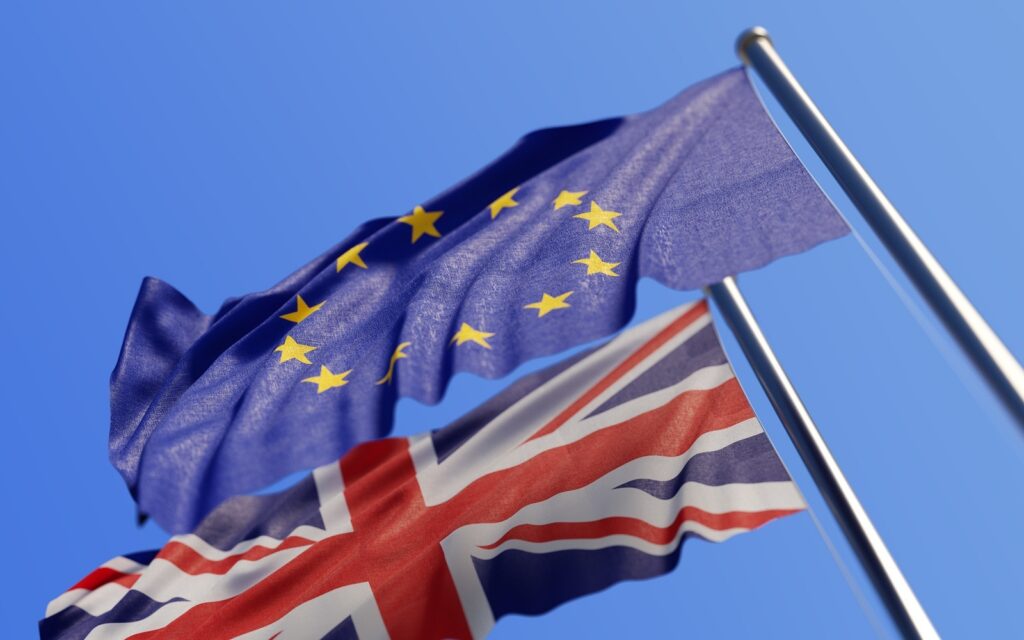The government’s official positioning on a post-Brexit energy relationship is “encouraging”, but time is rapidly running out for the finer details of that relationship to be agreed upon, Energy UK has said.
Last week the government published its policy paper on the future relationship between the UK and the European Union, including a section on energy which focused predominantly on energy trading.
The government’s broad vision, it said, includes continued cooperation in energy and a commitment to preserve the Single Electricity Market (SEM) on the island of Ireland “in any eventuality”. The policy paper claims that the government has already made “good progress” on a legal provision within the formal withdrawal agreement to underpin the SEM.
More broadly, the UK government’s view of “broad cooperation” includes arrangements for energy trading, close links with EU agencies and bodies, and data sharing to enable market operations.
But the bulk of the discussion in the policy paper pertains to energy trading, perhaps unsurprisingly given the importance that has been placed on interconnectors with continental Europe to ensure security of supply and help maintain energy prices.
This has triggered lengthy discussions within the industry over the UK’s continuing participation in the Internal Energy Market (IEM), which many stakeholders consider pivotal for the country’s ongoing energy relationship with the EU.
The policy paper argues that there are two options on this front. The UK could leave the IEM, but this would require a not insignificant body of work to determine what would be needed to ensure energy trading continues without automatic capacity allocation. Alternatively, the UK could participate in the IEM as it does now, but this would require a common rulebook with the EU to determine the technical rules for electricity trading.
This common rulebook would need to mandate that the UK’s energy market is essentially coupled with that of Europe – a matter which would also cover Ireland’s SEM – and ensure that there is a consistent approach to carbon pricing to prevent market distortions. This could be delivered by continuing participation in the EU’s Emissions Trading System.
Broad energy co-operation with the EU has been the government’s official position since March, however this policy paper is the first time the government has discussed in any great detail what would need to be in place for that to occur.
Lawrence Slade, chief executive at Energy UK and one of the energy sector’s main proponents of a relationship as close to the status quo as possible, said the white paper’s positioning was “encouraging”.
“Right across the energy industry there’s clear agreement that a close relationship with the EU has been mutually beneficial and that its continuation will deliver the best outcomes for customers and businesses,” he said.
But Slade remains concerned at the amount of work that would need to be done, with the government’s self-imposed Brexit deadline of 29 March 2019 looming.
“As an essential product for consumers, businesses and the UK economy, energy must be a priority in the ongoing negotiations with the EU. So, whilst we welcome the broad commitments, there is a lot of detailed work and discussions required in a short space of time to achieve these goals and provide the clarity urgently needed on issues such as participation in the internal energy market and the EU ETS – and the continuation of the Single Energy Market between Northern Ireland and Ireland. The opacity around policy has already been having a direct impact on the energy sector,” Slade added.





